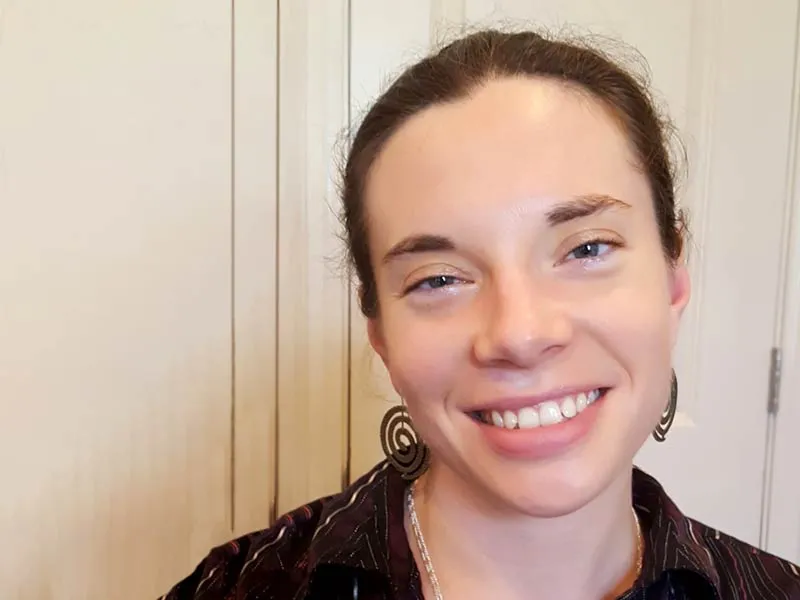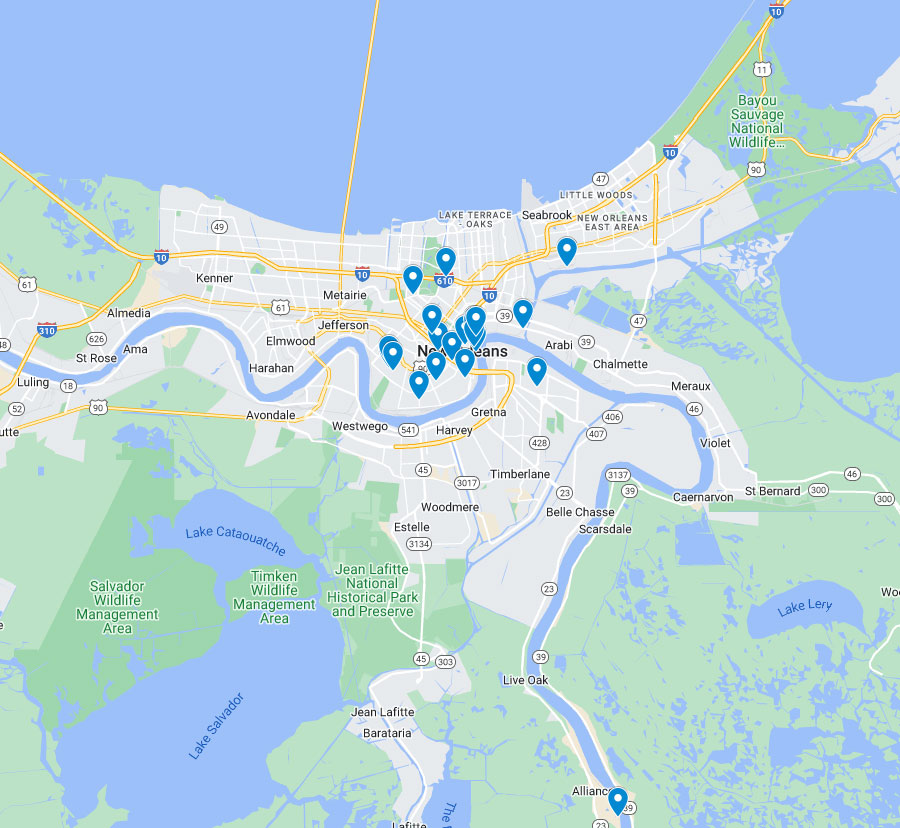
Biography
Jessica Liddell is a PhD student in the City, Culture and Community (CCC) PhD program at Tulane University. Originally from Logan, Utah, Jessica completed her undergraduate degree in Psychology at Reed College, in Portland, Oregon. At Tulane, Jessica received a Masters in Public Health with a focus on program design and implementation, and a Masters in Social Work, focusing on disaster mental health. Before starting her PhD, Jessica worked internationally, including for the Population Council in Mexico and USAID in Ethiopia. Her research focuses on reproductive justice issues, community-engaged research approaches, and harm reduction models. As a PhD candidate, Jessica’s dissertation work explores access to sexual and reproductive care among Native American Tribes in the Gulf South.
Research
Throughout colonization and western expansionism, Native American women have frequently experienced human rights atrocities and have had their reproductive rights restricted and undermined by governmental policies and programs. Native American communities continue to experience discrimination and health disparities at alarming rates. There is a need for research on reproductive justice topics, particularly for Native Women, who are more likely to experience reproductive injustices (i.e. sterilization, lack of access to health facilities, loss of children to boarding schools). The reproductive and sexual health experiences of Native American women is underrepresented in general in the literature, but especially so for Gulf Coast Native American tribes. As part of my research project, I conducted 31 qualitative interviews with women from a Gulf Coast tribe about their experiences as women, particularly those experiences related to childbirth and accessing healthcare services. I utilize a resilience and strengths-based approach, focusing on the strengths of tribal members, including their use of traditional healers and the importance of community and family, in addition to exploring the obstacles and challenges they identified. Culturally specific interventions that promote well-being can be developed by exploring and identifying the factors that facilitate Native American women’s ability to access healthcare.



